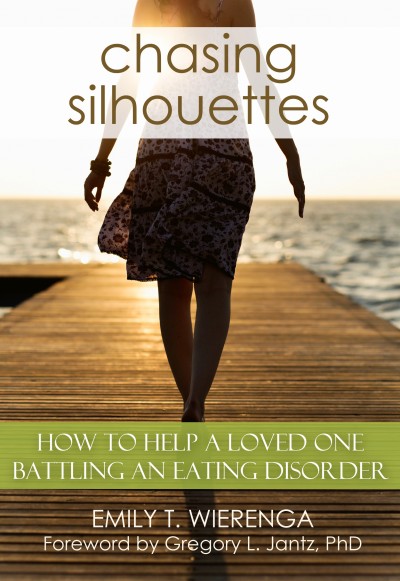When we returned from our epic, four-month road trip, things didn’t line up. I felt so different, so changed, yet there we were, biding our time in my parents’ basement, looking for writing projects to pay the bills, and squirming back into our somewhat normal lives. It seemed like nothing at all had changed.
Unfortunately, I didn’t yet understand the concept Terry Pratchett writes about so eloquently:
Why do you go away? So that you can come back. So that you can see the place you came from with new eyes and extra colors. And the people there see you differently, too. Coming back to where you started is not the same as never leaving.
Because I didn’t understand this, I started to feel like I had never left. I started to feel like the whole trip, and its huge bundle of amazing experiences, may have been unnecessary.
Then I got a text message from Matthew Paul Turner.
I had met Matthew in Nashville during our trip. He and I had grabbed a coffee just outside the city, and immediately I felt a connection. He’s a writer with a beautiful family, and our backgrounds share a lot of similarities. We talked about the projects we were working on. We stayed in touch as Maile and I continued around the country in the big blue bus, and he has been a huge source of encouragement in my writing life.
Three months after Matthew and I met, and about two weeks after Maile, the kids and I returned from our trip, I got this text message from him:
Well…I MIGHT have an open spot on my August World Vision trip to Sri Lanka…I’ll more than likely be inviting you to travel halfway around the world with me. :)
* * * * *
There’s this thing I’m learning about adventures.
They usually have a start date: the day you leave for college, or start that new job, or step on to the plane. The moment you say “yes” or “no” or “I do” or “Let’s give it a shot” or “It’s a boy!” or “It’s a girl!” The minute you sign the contract or the check. Sure, there’s a lead-up time, but there’s also usually something marking the date when the whole thing will kick off.
But what I didn’t understand about adventures was this: they don’t end easily. If you’re haphazard enough to embark on one adventure, and you’re not careful, another one will follow after it. The reason for this is rather simple: adventurous paths have many more off-shoots than the normal paths, because the pounding steps of most of humanity have worn the normal everyday paths into deep ruts. Deviations are difficult. Believe me. I know.
But adventurous paths, so rarely trod, are smooth and slippery and wind into the most unlikely places. Once you set off on one, your footing becomes rather unpredictable. In order to continue, you’re forced to lean on something other than your own strength.
* * * * *
So I’m slipping into another adventure. In about four weeks, from August 23rd through September 1st, I’ll be flying to the other side of the world with a small group of bloggers, all of us guests of World Vision. We’re traveling to Sri Lanka. I’m eager to share what World Vision is accomplishing there and also to introduce you to some of the communities benefiting from their child sponsorship program.
There are so many different opportunities for you to be part of this trip. Consider helping out in the following ways:
1) Sponsor a child through World Vision. If you would like to sponsor a child in the area I will be traveling to, email me as soon as possible at shawnsmucker@yahoo.com. I might be able to meet them in person and deliver a gift, have a picture taken with them, or give them a hug for you. But this kind of meeting takes a lot of planning, so let me know as soon as possible.
2) Help me spread the word by sharing my World Vision blog posts on Facebook, Twitter or by telling your friends about it. Stories change the world – if one of the stories I tell in Sri Lanka resonates with you, please share it.
3) Read the posts by the other bloggers traveling along with me on the trip, and share those as well.
4) Pray that our trip would be productive, informative, and that our presence would encourage those we come into contact with.
You all were such a huge encouragement to Maile and I while we journeyed around the country. I can’t wait for you to join me on this next adventure.
Which of your own adventures has had the biggest impact on you? How did you feel when it was “over”?

